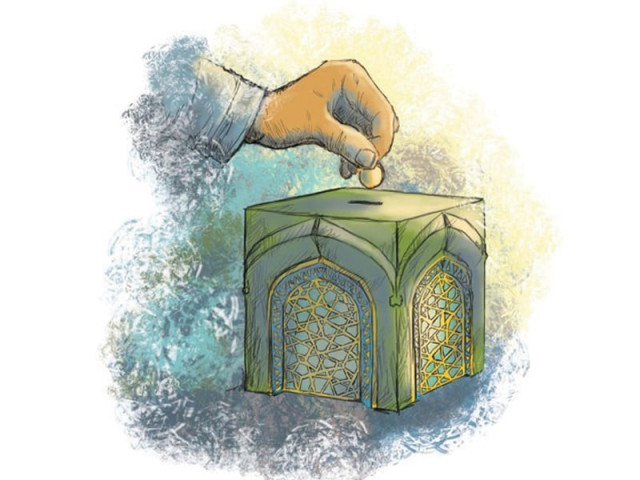Building a new financial system
New instruments needed for Islamic banking that keep the spirit of Shariah alive.

The proposed Sukuk can be based on a variety of Shariah principles, but it is preferable that they are issued on real assets like commodities CREATIVE COMMONS
This is not to say that Islamic banking practitioners have not attempted to change or improve similar controversial techniques. The most recent development in Malaysia is the issuance of new guidelines by Bank Negara Malaysia (BNM) on the use of Bai’ ‘Ina (sale and buyback) in Islamic banking transactions. These new restrictions will certainly enhance the Shariah authenticity of Islamic financial products in Malaysia.
However, more needs to be done to bring Islamic banks closer to the real economy in which tangible goods are traded and assets themselves are valued. Bringing liquidity management and treasury operations of Islamic banks closer to mainstream economic activity can serve this purpose.
Pakistan – an agrarian economy that produces a number of food grains like wheat and rice, and other commodities like cotton – is well positioned to develop a new model for Islamic banking. The production, storage and processing of such commodities can be reinvigorated with the help of Islamic banks. One way of doing so is by developing a Sukuk platform.
The proposed platform should allow corporations and commodity growers in strategic sectors to issue small tranches of Sukuk that help them raise money to meet their working capital requirements. These Sukuk must be issued on tangible assets like inventories and other goods and services, so that they are fully tradable from a Shariah viewpoint. The State Bank can play an important role in promoting this instrument by binding Islamic banks and financial institutions to buy certain amounts of these Sukuk using a proportion of their proprietary funds. After listing on local stock exchanges, these Sukuk will allow participating banks to trade certificates in the market as part of their liquidity management operations.
Such an instrument will also allow Pakistan to attract funds from other parts of the world. These Sukuk, being a liquidity management instrument, will provide businesses cheaper access to financing as compared to the rates they currently pay banks that offer overdraft facilities.
The proposed Sukuk can be based on a variety of Shariah principles, but it is preferable that they are issued on real assets like commodities and other manufactured goods. Such instruments will be fully tradable from the Shariah viewpoint, and are hence expected to draw interest from Middle Eastern investors.
Another alternative structure could be based on Salam – an Islamic contract that allows a seller to sell something before it comes into existence, even though it may be ordinarily available in the market.
Istisna’, or commissioned manufacturing, is another contract that may be used as a basis for such instruments. However, Salam and Istisna’-based instruments are not deemed tradable in the secondary markets in the Middle East, and hence will be limited in their usage by Islamic banks and financial institutions.
An important consideration to be kept in mind is that these instruments must be designed to fund businesses in strategic sectors and not be used merely as instruments of liquidity management. In this way, Islamic banks will move a step further towards the mainstream economy, a longstanding demand of advocates of Islamic finance.
THE WRITER IS AN ECONOMIST AND A PHD FROM CAMBRIDGE UNIVERSITY
Published in The Express Tribune, December 31st, 2012.
Like Business on Facebook to stay informed and join in the conversation.


















COMMENTS
Comments are moderated and generally will be posted if they are on-topic and not abusive.
For more information, please see our Comments FAQ